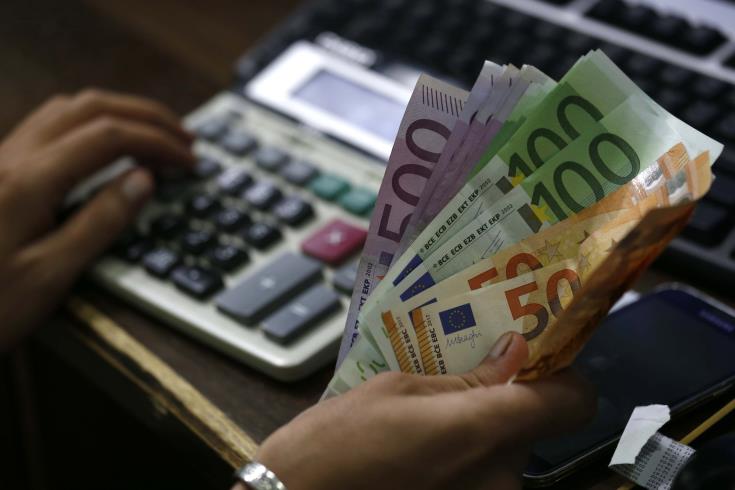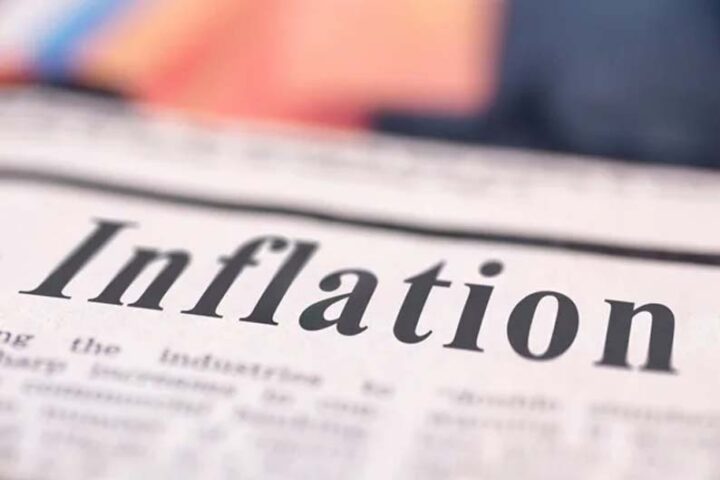Economists and authorities in Cyprus are increasingly concerned an inflation surge hitting the island will become a tidal wave, lasting for some years as a “de-globalisation” process is set into motion.
Government officials had made a U-turn from their stance some weeks back, when the effects of inflation were starting to be felt, parroting the EU line in insisting that it was transitory.
During an economic summit this week, Finance Minister Constantinos Petrides painted a gloomy picture saying high inflation was here to stay.
Petrides said governments are likely to spend more to shield the populace from rising energy costs and food inflation that states would need to adjust their entire economic policies.
In comments to the Financial Mirror, Bank of Cyprus Financial Research director Ioannis Tirkides said high inflation rates could be with us for several years as a de-globalisation process is underway.
He explained that inflation trends, already building up during COVID due to disruptions in the supply chain, have been made worse following the outbreak of the war in Ukraine.
“Things, however, could become much worse if the drift between the west and the east deepens,” added Tirkides.
While we think we’re done with COVID, Shanghai and its port went into lockdown just a few weeks ago due to a surge of cases in the city, Tirkides added the Ukraine war, and sanctions added another supply shock.
“The war in Ukraine is a watershed event with consequences that will be multifaceted and long-lasting.
“These consequences will be both economic and geopolitical.
“The ‘normal’ or the ‘new normal’, terms coined amid the pandemic, are no longer relevant, at least in the sense they were before this war.”
He argued that if the conflict in Ukraine broadened with countries like China backing Russia, then we could have another ‘cold war’ on our hands.
“This would boost a de-globalisation process, partly in motion already.
“If a supply shock is temporary and inflation pressures dissipate in the foreseeable future, the monetary authorities need not react.
“Central banks need to react to second-round effects, if higher costs feed into higher prices, and if wages rise more than productivity gains.”
Tirkides believes there is a policy dilemma for the ECB. Raising interest rates to contain inflation would add to uncertainty and negatively impact growth.
“This time around, the EU will have to rely more on fiscal policy tools and tread very carefully with monetary policy.
“Longer term, Europe must rethink not only defence and energy security, but also its fiscal architecture, the resilience of its member states, and what is termed strategic autonomy.
“It will take a lot of money and a lot of ingenuity.”
Increase benefits
The government is doing its best to respond to the impact of high inflation rates just as most EU member states have, says ruling DISY MP and economist Marios Mavrides.
Noting that high inflation rates are predicted to be around for at least another couple of years before prices stabilise, he said the government can only step in to help low-income households.
“The government can help and is helping to increase benefits and increase pensions, according to the inflation rate”.
He added that emphasis should be placed on vulnerable groups who spend all their money on essential goods and bills.
“The government will need to find a way to increase pensions.
“If pensions are not given a boost, then our pensioners will be disproportionately paying for the cost of rising inflation,” said Mavrides.
“Interventions like slashing VAT on electricity and lowering consumer tax on fuel are short-term solutions, which the state cannot afford to keep up.”
At times like this, he argued, governments should focus on supporting lower-income households and productive sectors of the economy, such as farmers and animal breeders.
He believes that calls from the opposition for the energy and finance ministers to issue decrees introducing ceilings on the price of fuel and essential goods would only worsen.
“Introducing price ceilings on goods would be catastrophic for the economy.
“If producers cannot make a profit, they will simply stop producing, which will cause shortages, pushing prices even further up.
“The best regulator is competition in such cases.”
The DISY MP said that interest rates, regulated by the European Central Bank, may rise slightly to curb inflation. At the same time, he said Cyprus should turn to Renewable Energy Sources.
“Energy prices will stabilise if and when the conflict between Russia and the West comes to an end, or fuel producing countries increase production.
“One way or another, fuel prices will stabilise and probably even drop. This, however, will not happen for a couple of years.”
Prices, as he said, could be brought down if the international community decides to take steps like lifting sanctions on oil-producing countries like Iran and Venezuela, but such a move is unlikely.
“The latest developments add to the list of reasons why Cyprus needs to move towards greener energy solutions,” said Mavrides.
“The government has been promoting a number of incentive schemes for households to instal solar panels in a bid to increase the RES contribution in the island’s energy mix and reduce energy costs for households.”
He argued that more needs to be done to promote a transition to a greener economy.










